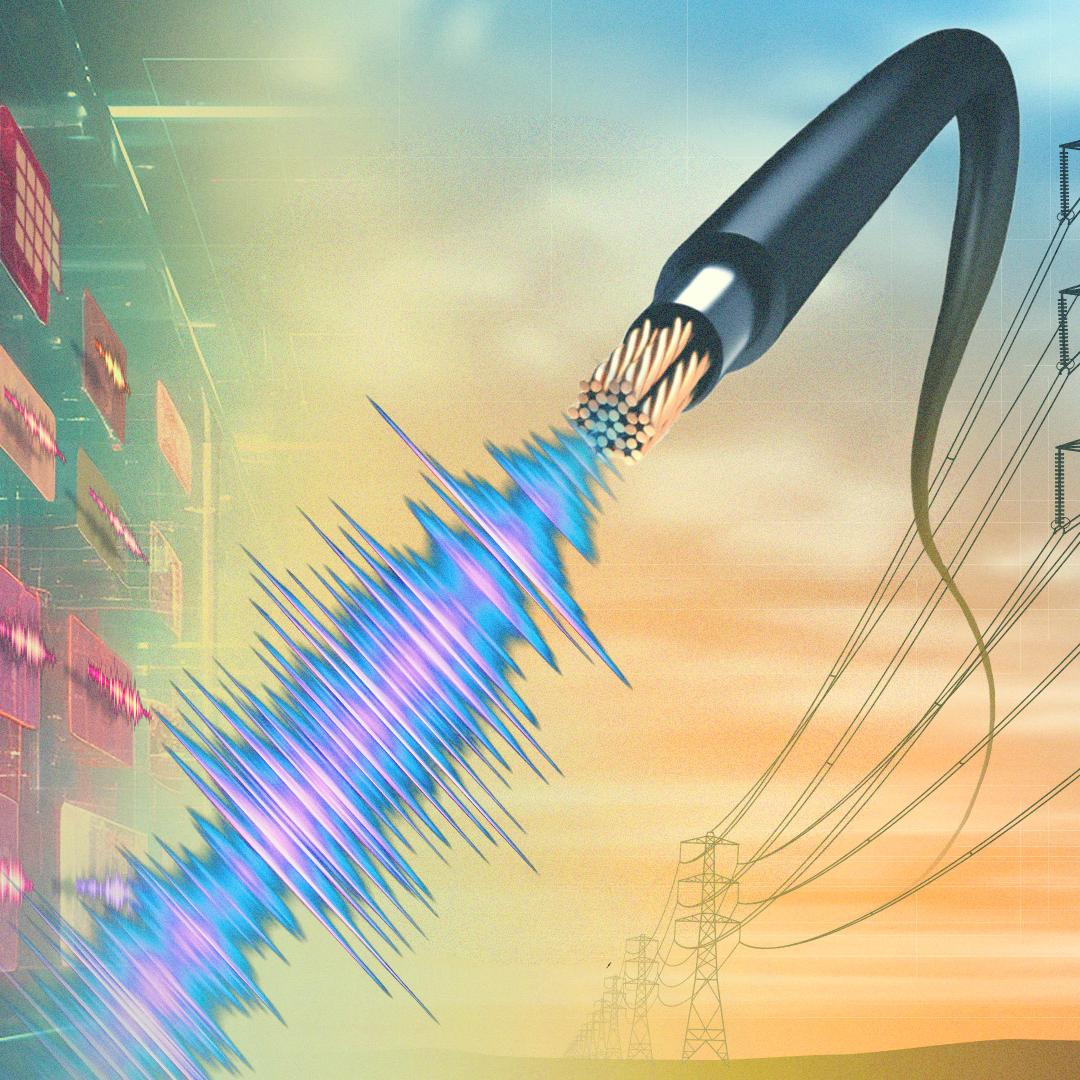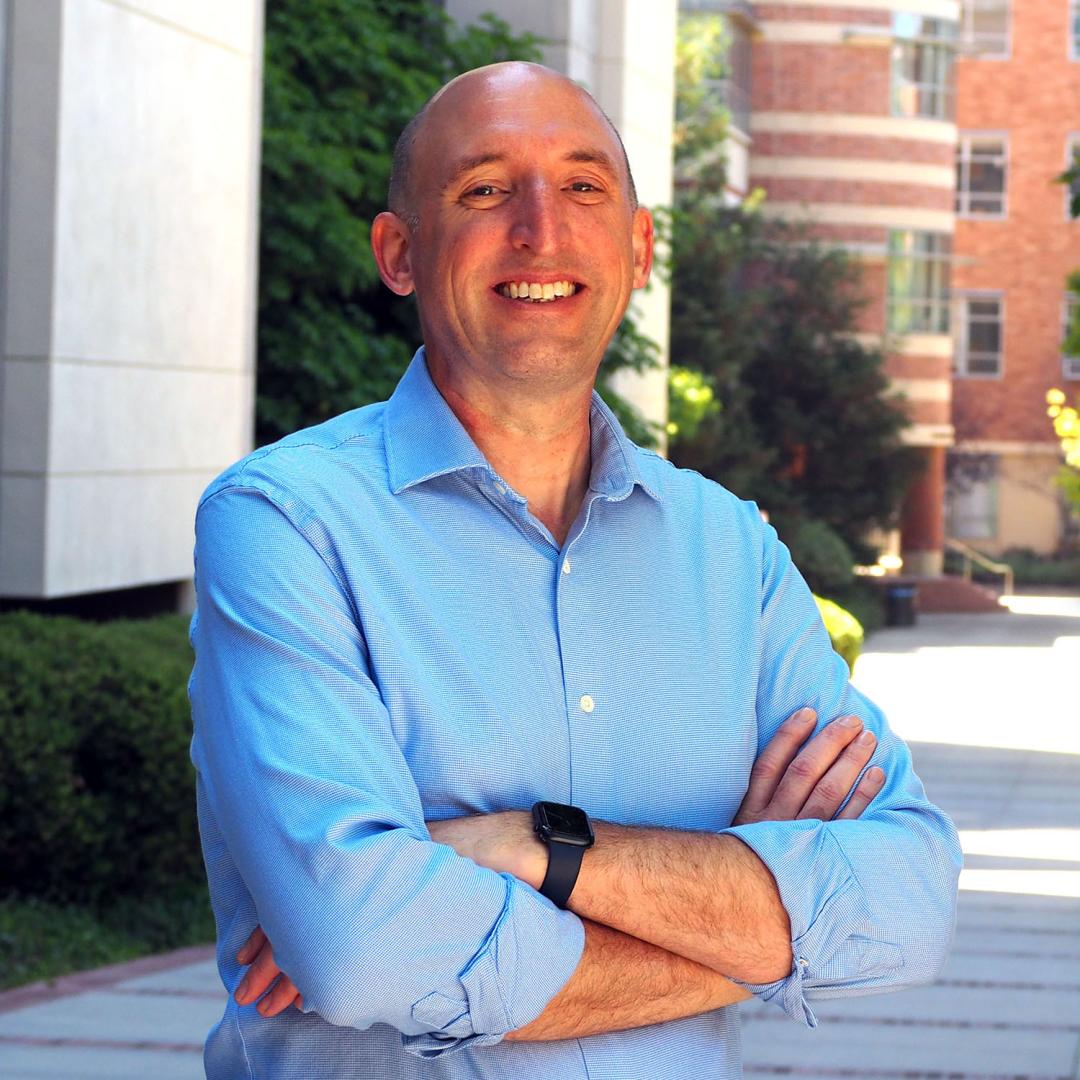
Filter News
Area of Research
- Advanced Manufacturing (8)
- Biology and Environment (27)
- Building Technologies (1)
- Clean Energy (40)
- Climate and Environmental Systems (2)
- Computational Engineering (1)
- Computer Science (10)
- Fusion and Fission (2)
- Fusion Energy (4)
- Isotopes (1)
- Materials (34)
- National Security (14)
- Neutron Science (7)
- Nuclear Science and Technology (4)
- Quantum information Science (3)
- Supercomputing (61)
News Topics
- (-) 3-D Printing/Advanced Manufacturing (41)
- (-) Advanced Reactors (11)
- (-) Artificial Intelligence (39)
- (-) Climate Change (32)
- (-) Computer Science (74)
- (-) Machine Learning (20)
- (-) Microscopy (17)
- (-) Quantum Science (22)
- Big Data (18)
- Bioenergy (34)
- Biology (30)
- Biomedical (16)
- Biotechnology (7)
- Buildings (14)
- Chemical Sciences (24)
- Clean Water (11)
- Composites (11)
- Coronavirus (4)
- Critical Materials (10)
- Cybersecurity (17)
- Decarbonization (30)
- Education (3)
- Emergency (1)
- Energy Storage (31)
- Environment (68)
- Exascale Computing (18)
- Fossil Energy (2)
- Frontier (21)
- Fusion (18)
- Grid (24)
- High-Performance Computing (33)
- Hydropower (3)
- Irradiation (2)
- Isotopes (18)
- Materials (59)
- Materials Science (46)
- Mathematics (2)
- Mercury (6)
- Microelectronics (2)
- Molten Salt (6)
- Nanotechnology (22)
- National Security (21)
- Net Zero (5)
- Neutron Science (58)
- Nuclear Energy (48)
- Partnerships (24)
- Physics (29)
- Polymers (11)
- Quantum Computing (12)
- Renewable Energy (2)
- Security (12)
- Simulation (29)
- Software (1)
- Space Exploration (10)
- Summit (20)
- Sustainable Energy (25)
- Transportation (37)
Media Contacts
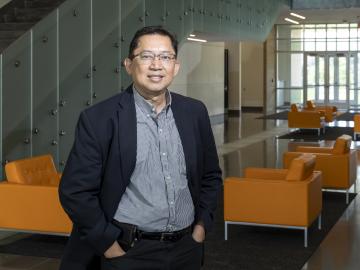
Rigoberto Advincula, a renowned scientist at ORNL and professor of Chemical and Biomolecular Engineering at the University of Tennessee, has won the Netzsch North American Thermal Analysis Society Fellows Award for 2023.
For the third year in a row, the Quantum Science Center held its signature workforce development event: a comprehensive summer school for students and early-career scientists designed to facilitate conversations and hands-on activities related to
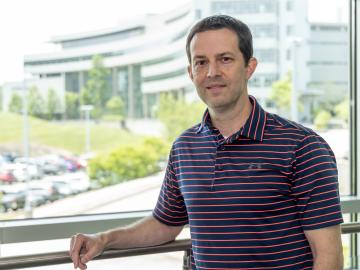
When reading the novel Jurassic Park as a teenager, Jerry Parks found the passages about gene sequencing and supercomputers fascinating, but never imagined he might someday pursue such futuristic-sounding science.

A study led by researchers at ORNL could uncover new ways to produce more powerful, longer-lasting batteries and memory devices.
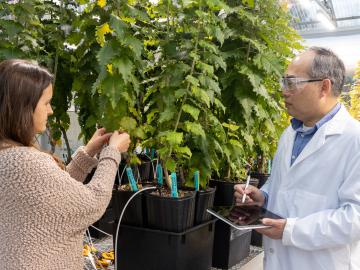
Nature-based solutions are an effective tool to combat climate change triggered by rising carbon emissions, whether it’s by clearing the skies with bio-based aviation fuels or boosting natural carbon sinks.
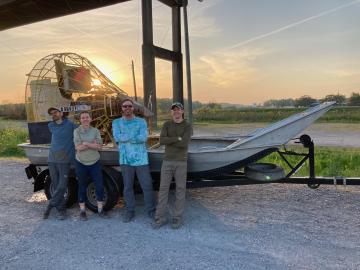
As a biogeochemist at ORNL, Matthew Berens studies how carbon, nutrients and minerals move through water and soil. In this firsthand account, Berens describes recent fieldwork in Louisiana with colleagues.
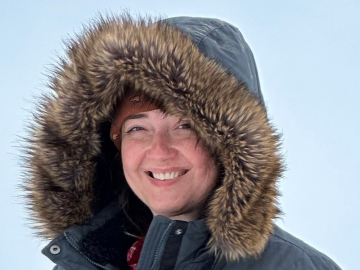
Colleen Iversen, ecosystem ecologist, group leader and distinguished staff scientist, has been named director of the Next-Generation Ecosystem Experiments Arctic, or NGEE Arctic, a multi-institutional project studying permafrost thaw and other climate-related processes in Alaska.
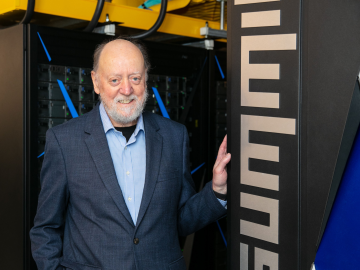
Computing pioneer Jack Dongarra has been elected to the National Academy of Sciences in recognition of his distinguished and continuing achievements in original research.
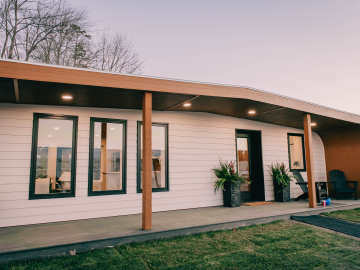
On the grounds of the University of Maine’s Advanced Structures and Composites Center sits the nation’s first additively manufactured home made entirely from biobased materials - BioHome3D.
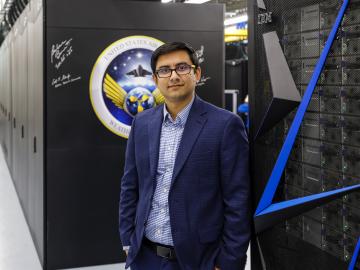
Climate change often comes down to how it affects water, whether it’s for drinking, electricity generation, or how flooding affects people and infrastructure. To better understand these impacts, ORNL water resources engineer Sudershan Gangrade is integrating knowledge ranging from large-scale climate projections to local meteorology and hydrology and using high-performance computing to create a holistic view of the future.


